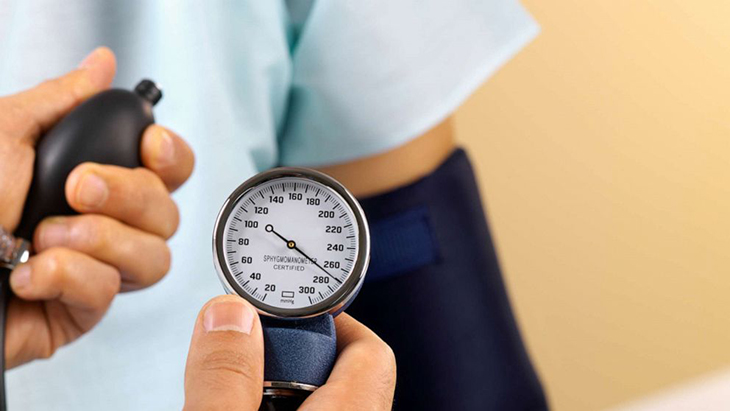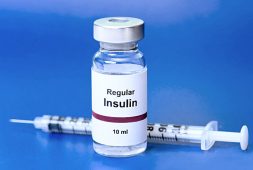Suffering From High Blood Pressure And Cholesterol Issues Before 55 Years Old May Lead To Lasting Damage

Regular annual checkups are crucial for monitoring your cholesterol and blood pressure levels. Even if you manage to lower these levels later in life, the effects of earlier elevated levels can still pose a significant risk for developing coronary heart disease.
A recent study, published in the scientific journal PLoS One on December 20, highlights the long-term implications of high cholesterol and high blood pressure, particularly before the age of 55. Analyzing health data from almost 300,000 adults, the study reveals that elevated systolic blood pressure and LDL cholesterol (commonly known as “bad cholesterol”) during early to middle age can have lasting consequences on coronary heart disease risk.
This research underscores the importance of proactive healthcare measures, emphasizing the need for early detection and management of cardiovascular risk factors. By staying vigilant about your cholesterol and blood pressure through regular checkups, you can take steps to mitigate the risk of heart disease and promote long-term heart health.
“The earlier in life your blood pressure and cholesterol levels are higher, the more damage you’re accruing to your heart and vascular system,” Donald Lloyd-Jones, MD, a cardiologist and the chair of the department of preventive medicine at Northwestern University’s Feinberg School of Medicine in Chicago, said.
“So it is critically important to not only address these things in midlife, it’s even more important to address them in early life and to make sure you’re keeping these measures as low as possible for as long as possible,” Dr. Lloyd-Jones added, though he was not part of the new research conducted.
Disease Risk Increase Along with Levels of Blood Pressure and Cholesterol
Analyzing data from the extensive UK Biobank, which integrates genetic, lifestyle, and health data, researchers delved into the health profiles of 136,648 individuals for cholesterol, 135,431 for blood pressure, and 24,052 for coronary heart disease.
Their sophisticated modeling unveiled a crucial insight: heightened systolic blood pressure and LDL cholesterol levels in early adulthood significantly escalate the risk of coronary heart disease, regardless of later-life levels. Specifically, individuals with elevated blood pressure before the age of 55 faced a staggering 33 percent increase in the likelihood of heart disease onset after this age, while those with elevated cholesterol in their younger years experienced a striking 68 percent rise in the odds of developing heart disease later in life.
These findings underscore the critical importance of monitoring and managing cardiovascular health early on. According to the Centers for Disease Control and Prevention (CDC), maintaining LDL cholesterol levels around 100 milligrams per deciliter (mg/dL) (or 5.6 millimoles per liter) and ensuring systolic blood pressure remains below 120 millimeters of mercury (mmHg) are pivotal for optimal heart health.
Lifestyle Changes are Beneficial No Matter the Age
Lloyd-Jones emphasizes the enduring opportunity to mitigate heart disease risk by adopting lifestyle modifications and medication, highlighting that initiating these measures sooner yields more favorable outcomes.
The American Heart Association advocates for preventive measures against cardiovascular disease, including dietary adjustments, regular exercise, and the use of medications to manage cholesterol and blood pressure.
Moreover, Lloyd-Jones underscores that the study’s approach centered on genetic predisposition to heart disease, lacking comprehensive consideration of various risk factors like smoking and obesity, thereby limiting its scope.
“Your genetic makeup may help you understand your predisposition, but it is not your destiny,” he explained. “Your destiny is in your own hands and it is strongly influenced by your lifestyle more than anything else.”



